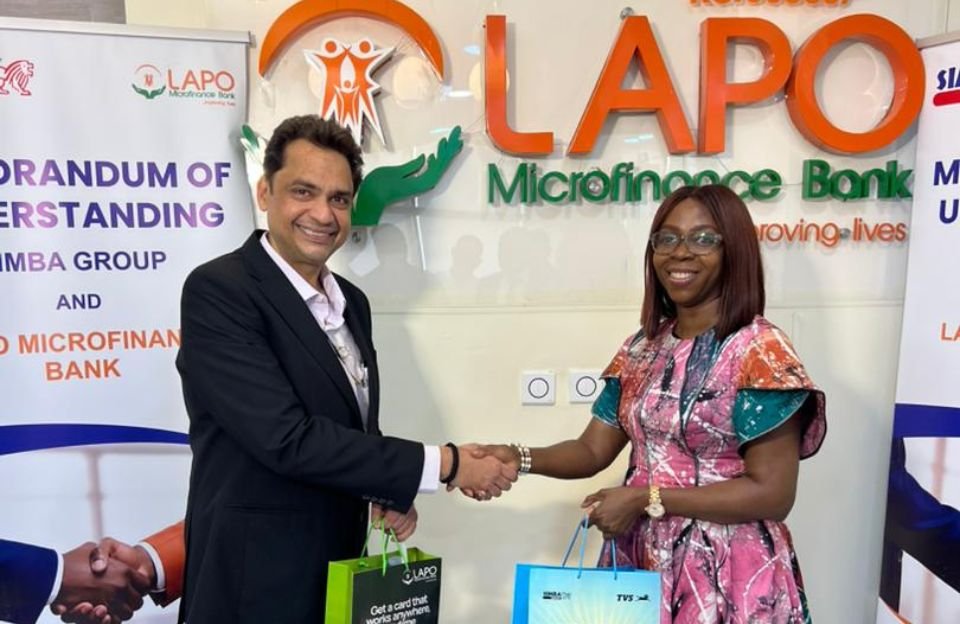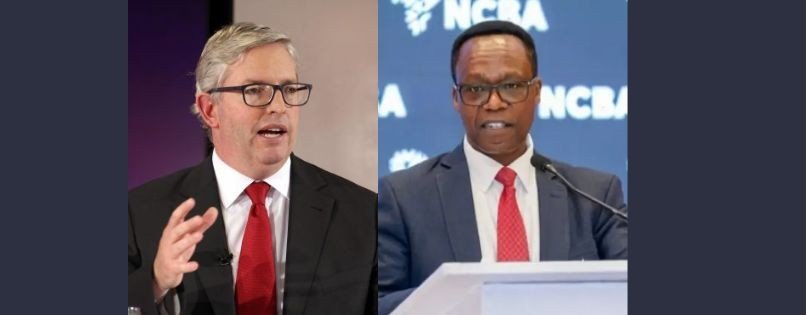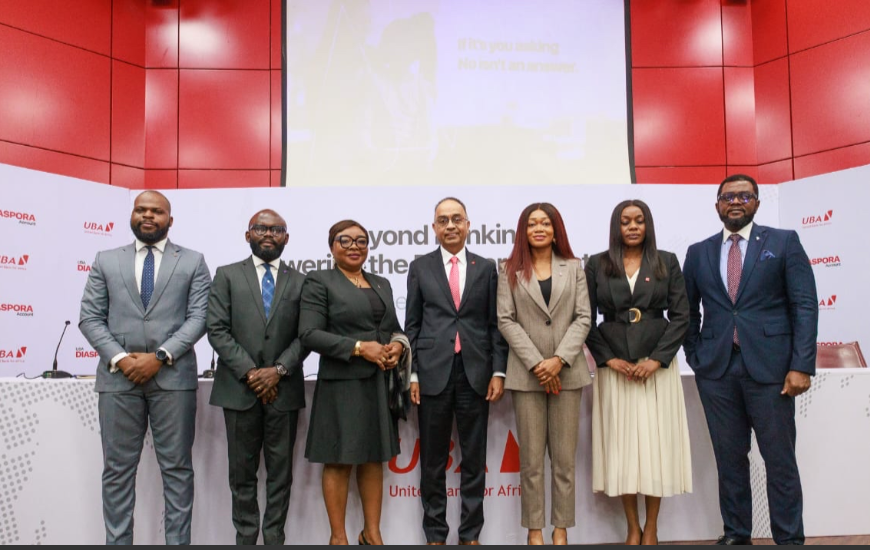

Afreximbank Aims $4 billion in FDI inflows
President of African Export-Import Bank (Afreximbank), Prof. Benedict Oramah, has disclosed that the Fund for Export Development in Africa (FEDA), the equity investment fund recently created by the bank will catalyse foreign direct investment (FDI) flows into Africa’s trade and export sectors,
Speaking on the opening of the Financing Investment and Trade in Africa conference organised by the Tunisia-Africa Business Council, Oramah said Afreximbank’s vision is to leverage $1 billion in support of FEDA’s mission, and to catalyse four times that amount in FDI in five years.
According to him, the kind of equity funding currently available in Africa, was not appropriate for turning the continent into the trade hub, which it needed to become in order to achieve desired growth. He said FEDA would ensure that investors’ investments were protected under the immunities and privileges available to Afreximbank, and that the investments enjoyed tax privileges and incentives.
He described the development finance institutions (DFIs) as market failure institutions that exist to complement what markets are unable to offer or begin to create markets. As a result, Afreximbank’s interventions were based on the philosophy of bringing additionality rather than displacing commercial banks.
The Bank had just expanded its guarantee offering to make it more accessible to companies coming into Africa, including through its Intra-African Investment Guarantee Facility.
It had also introduced Mansa, a customer due diligence platform, which will help to address the challenge of many African countries not being able to access trade finance due to high compliance cost.
On infrastructure, Oramah said if the continent looked inward, it could find the funds to meet its infrastructure needs.
With about $700 billion under management by African pension funds, and the reserves kept abroad by African central banks already adding up to about $1 trillion, the funds are already adequate to meet Africa’s need. However, because they are outside the continent, and those keeping them deem it too risky to invest in Africa, the funds are not being invested in Africa.
“These are things that need to be fixed,” he argued.
















